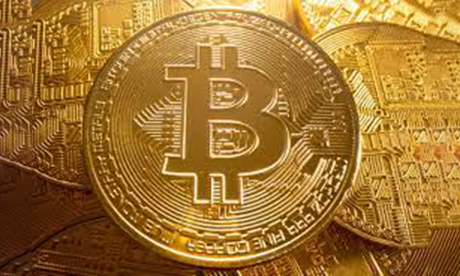The Vatican has called for increased regulation of the cryptocurrency industry due to its growing use in migrant smuggling and the exploitation vulnerable persons.
Janusz Urbanczyk, the Vatican representative to UN agencies in Vienna, said the use of cash to avoid transparency “has shifted into the even less transparent world of digital payment and cryptocurrencies.”
“Some online platforms oblige their clients — senders and beneficiaries of remittances — to identify themselves.
However, some cryptocurrency platforms and virtual asset service providers do not request identification from their customers,” Urbanczyk explained.
“As is well known, this only increases opportunities for money laundering and similar crimes,” he said.
The anonymity provided by most cryptocurrencies has been exploited by criminals. They have used it in money laundering, arms deals and drug and human trafficking.
Technology, Urbanczyk said, “is a double-edged sword”.
While cryptocurrency can be used “for evil ends,” there are also technological advancements developed by law enforcement authorities that allow “people to equip themselves with knowledge about the risks of smuggling and provide means through which to report possible cases of it.”
To raise awareness of their risks and educate users and beneficiaries in the correct use of virtual assets, the Holy See official called for the promotion of awareness campaigns and specific training programmes, nationally and internationally.
The aim of the campaigns will be to contribute to the prevention of smuggling and the protection of migrants, particularly those in need.
In response to the rising trend of cryptocurrency use in migrant smuggling, and coupled with the volatility of most cryptocurrencies, some governments have cracked down on crypto. China, for example, has banned all crypto mining and transactions.
Other nations are working on or planning to introduce Central Bank Digital Currencies (CBDCs). These will provide citizens with the same benefits of electronic payment but in a more regulated manner.
According to the International Monetary Fund (IMF), 110 countries are at “some stage” of exploring the possibility of digital currencies.
